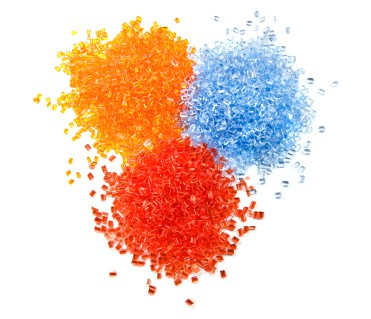Analyzing the molecular weight of both natural and synthetic polymers is a highly complicated and virtually impossible process to carry out when aiming for high-precision results. Contrary to elemental analysis, which is concentrated on the chemical composition of samples, molecular weight analysis takes into consideration the number of small molecules present in a polymeric chain. This number can fluctuate considerably, even within particular polymer groups.

Image Credit: Jordi Labs
However, accurate molecular weight analysis is a crucial component and factor of quality assurance and control (QA/QC), producing the means for process engineers to examine different product performance parameters. The molecular weight – or MW – of plastics is a strong indicator of significant mechanical properties such as strength, durability, and toughness. In bioactive polymers, such as those present in drug delivery systems, MW can identify the release rate of pharmaceutical compounds in vitro.
Therefore, it is crucial to conduct frequent and rigorous molecular weight analysis to acquire the best results from polymeric goods and systems. Jordi Labs is considered to be an expert in molecular weight determination, with a supreme understanding of the fundamental theory that underpins MW measurements. In addition, Jordi Labs has the tools to complete almost any analytical run.

Image Credit: Jordi Labs
Molecular Weight Analysis: The Basics
Firstly, it is worth reconsidering the concept that molecular weight is not a definitive number but is instead predicated on a series of values that produce bell curve distribution that signifies an average MW value. Multiplying the mass of each repeating monomer in the polymeric chain, then adding the mass of either end group calculates distribution. In the resulting bell curve, the base of the curve is the number average MW (Mn) while the highest point serves as the Z average (Mz). The mid-section of the curve refers to the weight average (Mw).
Molecular Weight Analysis, the Jordi Way
Jordi Labs possesses supreme knowledge in relation to gel permeation chromatography (GPC) and measuring the molecular weights of a variety of polymers with peak precision. This method is the industry-standard when isolating compounds into their composite parts by multiple molecular properties, including weight. Using a broad range of accurate detection technologies (viscometry, multi-angle light scattering, refractive index, etc.), Jordi Labs can determine the whole MW distribution of samples separated via a choice of GPC columns.
Jordi’s background in GPC column design and engineering ensures they are considered the leading, trusted supplier of GPC-related services and studies. For more information about Jordi Labs’ outstanding reputation in this area, read the article: Molecular Weight Determination of Pharmaceuticals with Novel GPC.
Additionally, for enquiries regarding molecular weight analysis for specific polymer types and grades, contact a member of the Jordi Labs team today.

This information has been sourced, reviewed and adapted from materials provided by Jordi Labs.
For more information on this source, please visit Jordi Labs.